
The Arapyaú Fellows Program aims to strengthen the Institute’s capabilities by mobilizing networks, generating and sharing knowledge, and supporting leadership.
With diverse backgrounds and unique experiences, the fellows bring their expertise and practical insights to Arapyaú and its partner networks, while also enhancing their leadership within these spaces.
Cycle 2 – 2023 to 2025
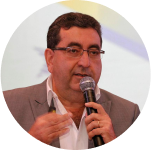
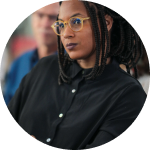
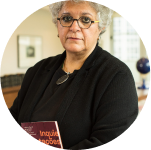
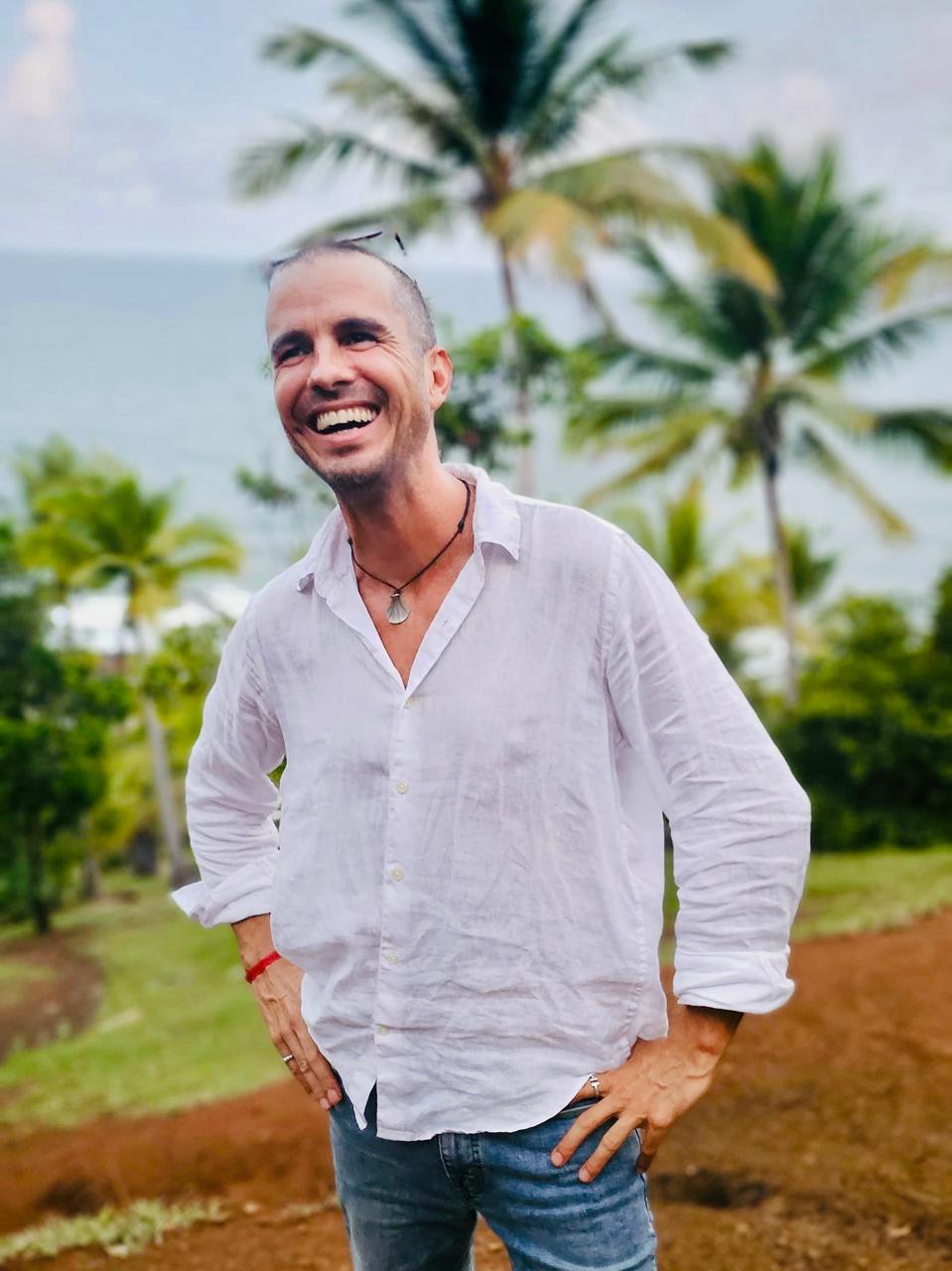
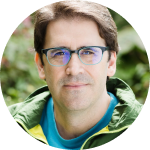
Cycle 1 – 2021 to 2023
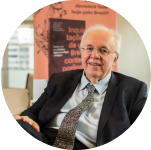
Professor at FGV. Former General Coordinator of UNDP in Brazil, Project Manager at the State Secretariat for Labor and Social Action in Minas Gerais, Executive Secretary, Deputy Executive Secretary, and Secretary of Management at the Ministry of Planning (MP), and Executive Secretary at the Ministry of the Environment (MMA). Currently, he serves as the Extraordinary Secretary for State Transformation at the Ministry of Management and Innovation in Public Services (MGI).

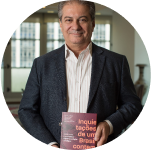
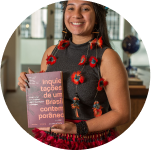
The work was born from a year of conversations among members of the Arapyaú Institute Fellows Program. Topics covered in the book include environmental and climate imbalances, political tensions and global uncertainties, the need for modernization of the Brazilian state, strategic agendas involving food production, the appreciation of biodiversity with social inclusion, and the leadership of Indigenous peoples.
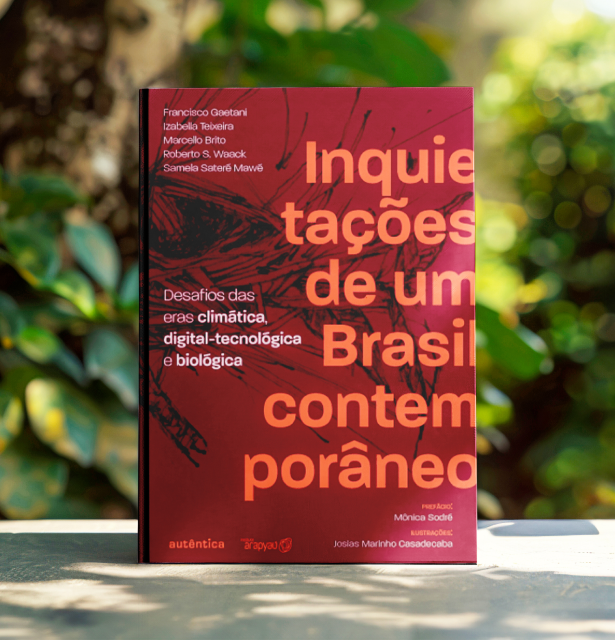

“We are living through a potentially disruptive crisis with nature that will demand a shift in mindset, in our lifestyles, and in the way we promote development and handle freedoms. Therefore, we are not talking about changes in attitude for the future, but for the present.”
“By reforesting our minds, we will understand the importance of the immaterial, the complexity, and the simplicity of what it means to be and belong.”
“We know where we are starting from, and we have an intuition about where we want to go. We are in transition, and this is a point that is still rarely discussed.”
“The new is here, but it is struggling to emerge. Sometimes we need to shuffle the cards and deal them again, so we can change positions, ideas, and open ourselves to different things.”
“The discussions among the fellows open new horizons for us to tackle environmental and social challenges in innovative ways.”
“Being a fellow is an opportunity to build bridges between local entrepreneurs and organizations working in conservation and forest restoration chains, especially within such a strong and diverse network as the one Arapyaú has established.”
“Being part of this building process, as an activist and Indigenous leader, is very important for me and my people. It means amplifying the voices of Indigenous peoples. Participating in this institution is about echoing our struggles and exploring how these efforts can bring attention to our communities.”
“My expectation for this fellowship is to show how all of Arapyaú’s values – collaboration, innovation, interdependence, impact management, and entrepreneurship for sustainability – can become even more powerful when viewed through the lenses of gender, race, class, and territory.”